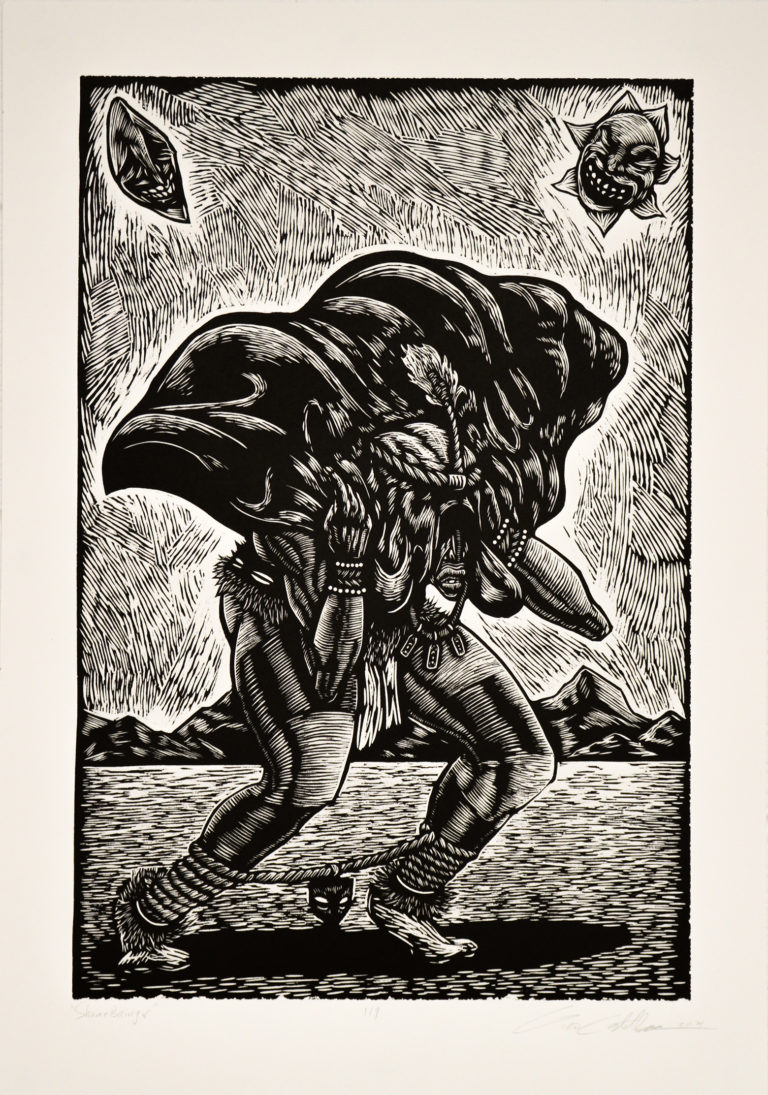
Shamebringer
Like guilt, shame is a direct result of us witnessing our identity and moral standards crumble in front of our own eyes. We ask ourselves “who am I?”, and “have I always been like this”? Shame is directly linked to identity.
Every moment in our life contributes to forming an identity, from who we know and surround ourselves with, to childhood memory or trauma, the books we read, even the music we listen to. Not to mention all of the events that change us, like breaking up with someone, losing a family member, being in an accident, etc.
When we form an identity we bounce it off others, or rather, off society. The feedback we get usually lets us know whether we are a good fit or not. Feeling like we don’t belong is one good example of how we can feel shame regarding our identity, but even if we believe that we are good where we stand in society, having that formed identity attacked can cause great problems in our psyche.
An example is being confident about how attractive we are, just to be rejected by someone we like, or believing we are knowledgeable about a topic, just to be proved wrong in public, etc.
But the harshest shame can come from seeing our own set of standards crumble down. We, for the most part, try to be decent people. When we go all of our lives believing that, and then betray someone, cause harm, or hurt a living creature, even if we believed at the time that our actions were justified, we can be overwhelmed with regret and shame. We stop recognizing ourselves. We believed we were someone and then it turns out we were something completely different. This can hurt when someone betrays us, but when we betray ourselves, the harm can be so powerful that it can go as far as to be a direct cause for suicide.
But shame can also be beneficial. It is the first step towards reflection and change. It can be the most immediate path to becoming a better person.
